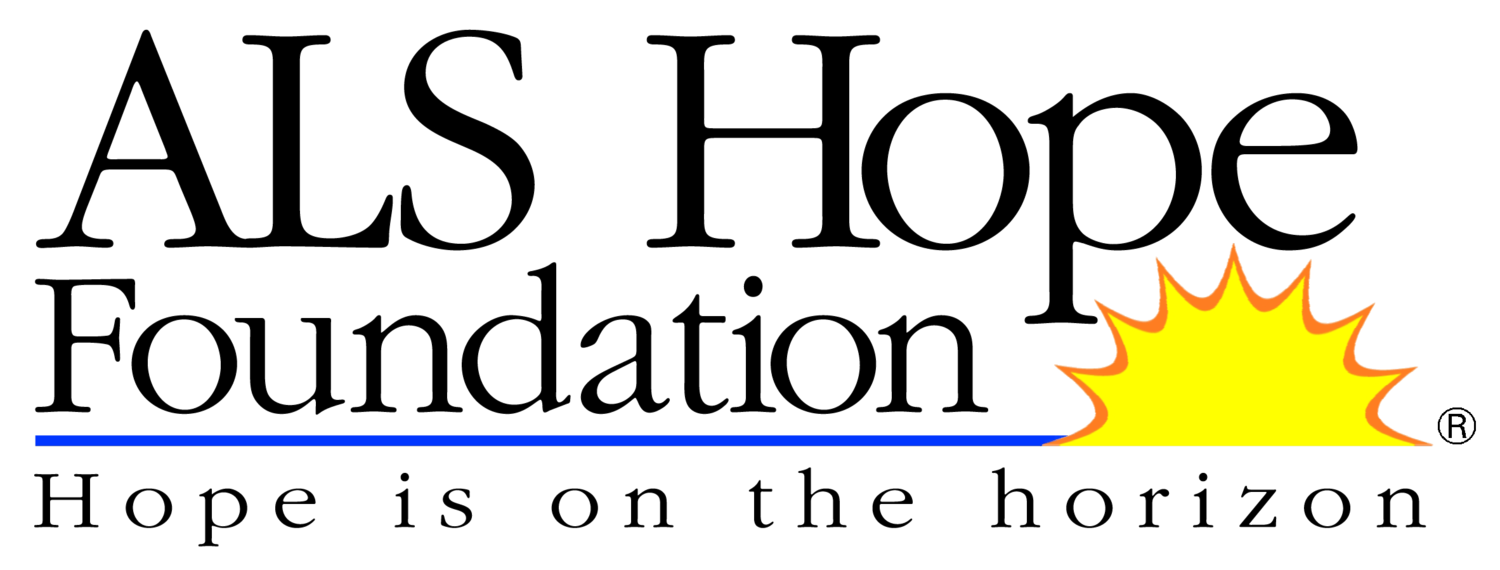There is exciting news from the Healey Center for ALS at Massachusetts General Hospital responsible for developing a novel trial design, called the Platform Trial, to accelerate finding a cure for ALS https://www.massgeneral.org/als/research/researchlab.aspx?id=1840&display=FirstTreatments. A traditional clinical trial will examine only one drug at a time and requires lengthy start-up and execution times. Platform trials, instead, are trials where multiple drugs are tested at the same time, using specialized statistical tools. Additional drugs can be incorporated as they become available, thereby decreasing or eliminating the gap in time from identification of a rationale therapy to testing it in PALS. The platform remains open long-term until successful cures are found and will test multiple promising experimental therapeutics using an efficient and informative early-phase design with increased access for people with ALS. There are now 54 sites across the US who are participating, allowing wide access and the Center of Hope at Temple is proud to be one of them. We are anticipating beginning enrollment early in 2020.
The first drugs to be tested include:
Pridopidine (Prilenia) is a highly selective S1R agonist (sigma-1 agonist), shown to exerts neuroprotective effects in numerous models of neurodegenerative disorders mediated via the S1R. Pridopidine exerts neuroprotective effects via activation of the S1R. This drug increased neuron survival and reduced the clumping of abnormal proteins. There is also previous information suggesting that S1R activation may enhance bulbar and speech function in ALS patients. Prior clinical data with pridopidine demonstrates a favorable safety and tolerability profile and provides evidence for a beneficial effect on functional outcome in another neurodegenerative disease. https://www.businesswire.com/news/home/20190918005530/en/Prilenia%E2%80%99s-Pridopidine-Chosen-Participate-ALS-Platform-Trial
Zilucoplan (Ra Pharmaceuticals) is a small peptide C5 (Complement component 5) inhibitor. The complement system, as part of the innate immune system, is a group of proteins that evolved to protect humans from bacterial infections. Inappropriate complement activation and deposition can occur damaging tissues and organs. There has been evidence that complement activation and deposition in the central and peripheral nervous system in ALS plays a role in the damage. Zilucoplan has been designed for convenient “in-home” use by patients and is self-administered as a small volume, subcutaneous administration. https://www.businesswire.com/news/home/20190918005167/en/Ra-Pharmaceuticals-Announces-Selection-ALS-Platform-Trial
Verdiperstat (Biohaven Pharmaceutical Holding Company Ltd) is a potent, selective, brain permeable molecule that inhibits myeloperoxidase (MPO). MPO is a potent brain pro-oxidant enzyme that is activated in immune cells, including microglia, the primary immune cells of the central nervous system. In ALS, there are large numbers of activated microglia, and they are a hallmark of the neurodegeneration. MPO, within the microglia, is believed to increase oxidative stress and inflammation levels in the brain and spinal cord. By inhibiting MPO, the investigators hope to ameliorate these damaging processes to slow disease progression. https://www.prnewswire.com/news-releases/biohavens-verdiperstat-an-oral-myeloperoxidase-inhibitor-selected-for-platform-trial-collaboration-at-massachusetts-general-hospitals-healey--amg-center-for-amyotrophic-lateral-sclerosis-als-300920335.html
Bioenergetic Nanocatalysis (CNM-Au8, nanocrystalline gold) (Clene Nanomedicine, Inc) is designed to provide an energetic assist to impaired motor neurons in ALS, leading to improved function. Motor neurons require significant energy to function but in ALS, corrupted energy metabolism together with increased cellular stress lead to motor neuron degeneration. CNM-Au8 provides an energetic assist to damaged motor neurons leading to improved function. It both supports bioenergetic reactions inside cells and eliminates the harmful waste byproducts of cellular metabolism. Oral delivery of CNM-Au8 resulted in both neuroprotection and remyelination in multiple animal studies. CNM-Au8 is a concentrated, liquid suspension of pure gold nanocrystals that travel through the body and enter the brain and motor neuron cells where they enhance the ability of these cells to survive and communicate by supporting cellular metabolism. CNM-Au8 was demonstrated to be safe and well-tolerated by healthy volunteers in a Phase 1 study. https://www.benzinga.com/pressreleases/19/09/n14450362/clene-nanomedicine-inc-announces-selection-of-cnm-au8-for-the-harvard-led-healey-als-platform-tria
IC14 immunotherapy (Implicit Bioscience Ltd) is an immunotherapy that targets CD14, a master regulator of the healthy function of the immune response to infection and injury, particularly the response of the brain's most common immune cells, microglia. While there are many contributing pathologies and genetic factors in ALS, the immune system plays an important role in both mitigating damage but also damaging neurons and determining the progression of damage. In ALS, it is thought that chronically hyper-activated CD14 loses this ability to balance the immune response to worsening background triggers, and itself becomes part of the cause of cell death, resulting in neuronal death. In fact, elevated soluble CD14 (sCD14) are associated with more rapid disease progression. By potently targeting and blocking both sCD14 and CD14 on immune cells, IC14 can switch off this damaging hyper-activation and rebalance the immune response to the ongoing disease processes. It is hoped that this rebalancing of the immune response may result in ALS disease remission similar to immunotherapies in multiple sclerosis.
https://www.massgeneral.org/als/research/researchlab.aspx?id=1840&display=FirstTreatments













